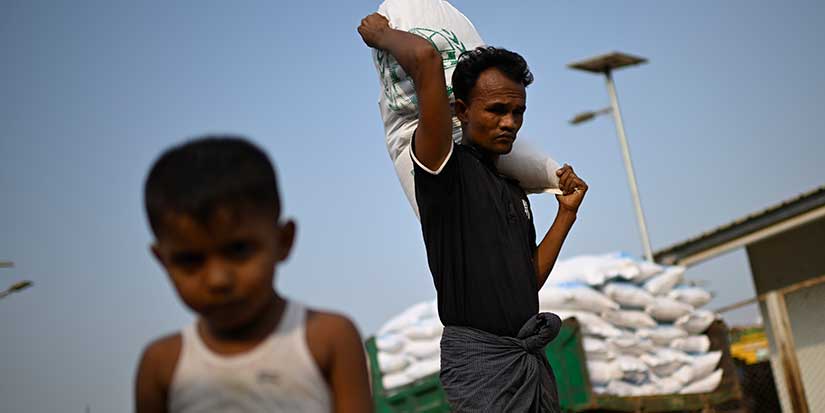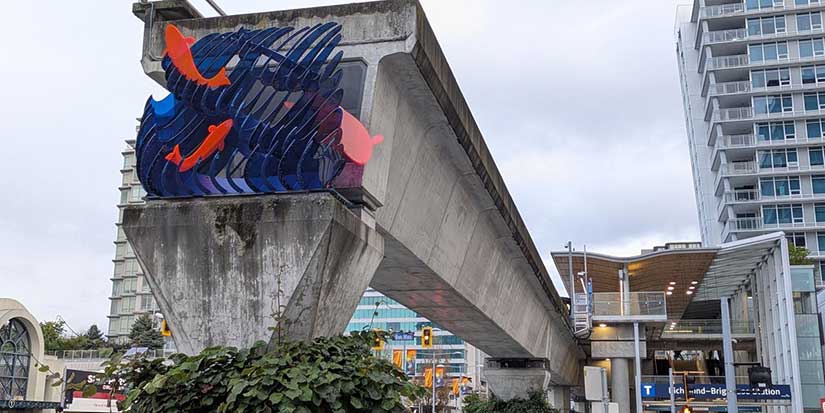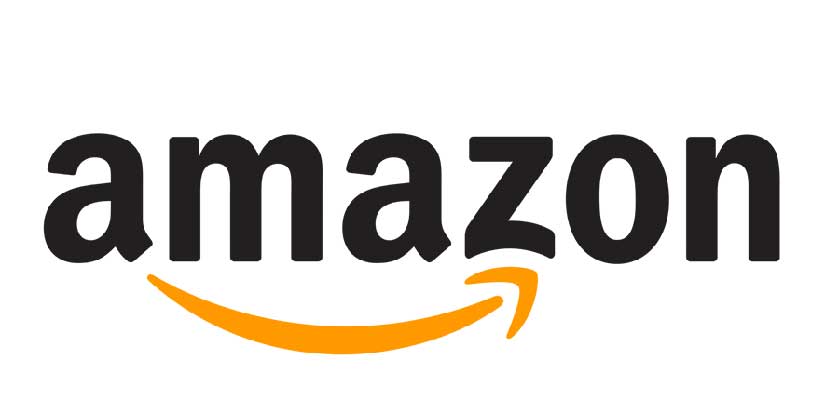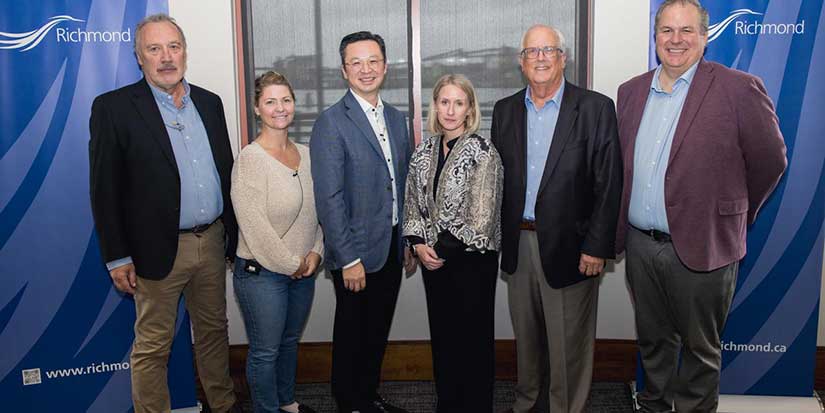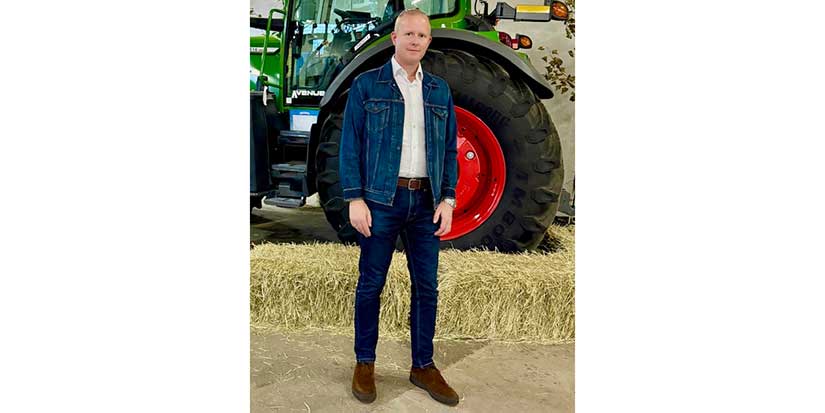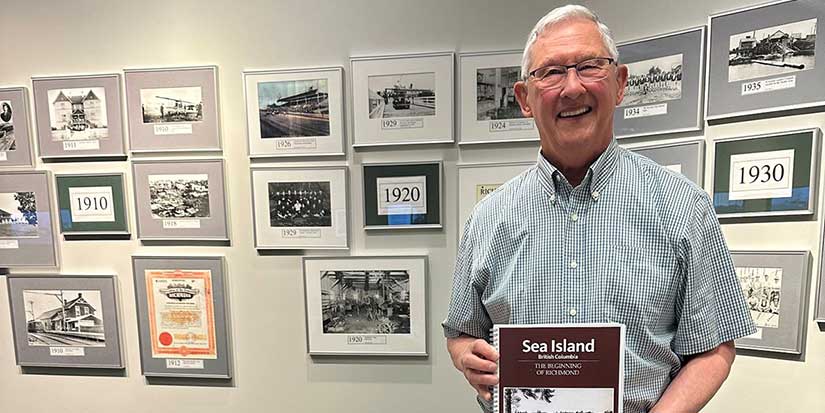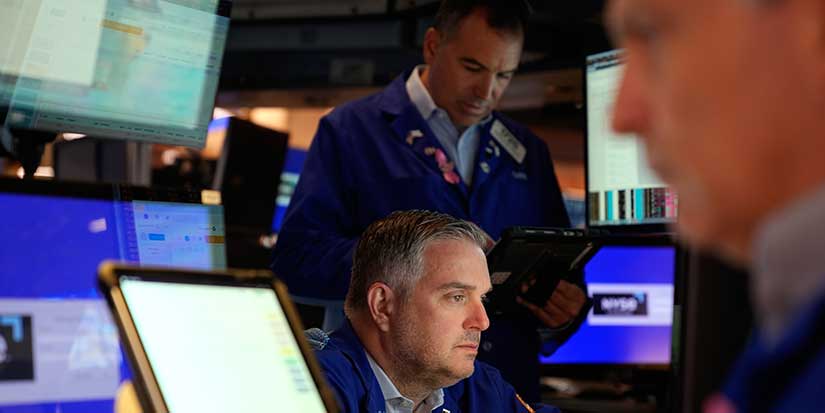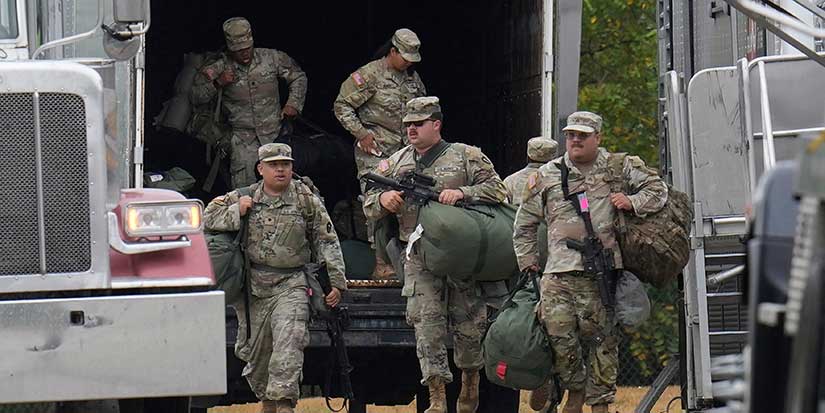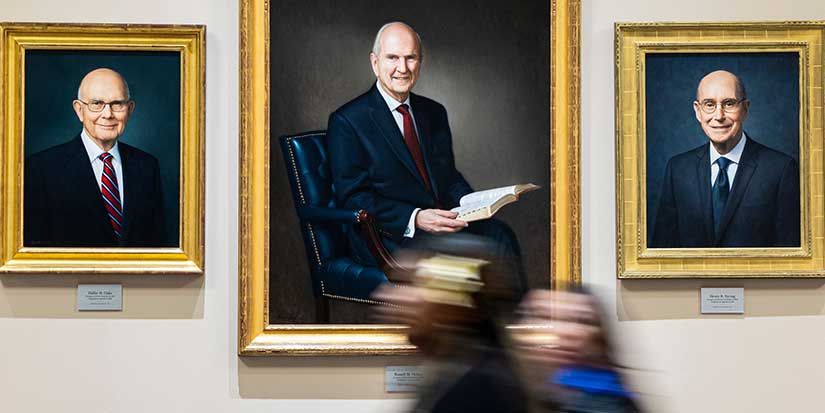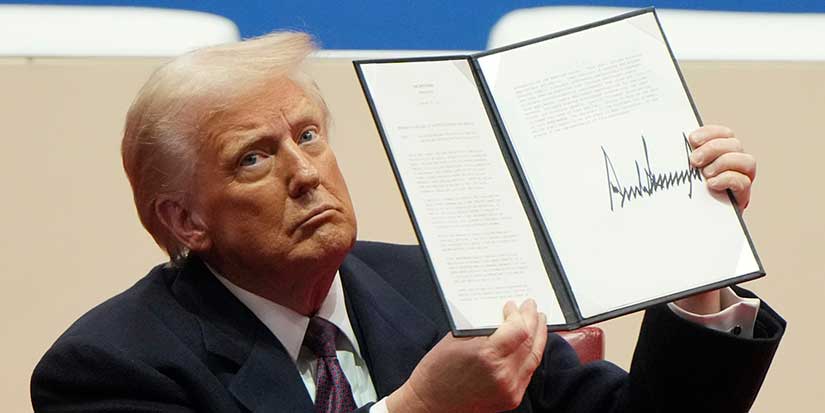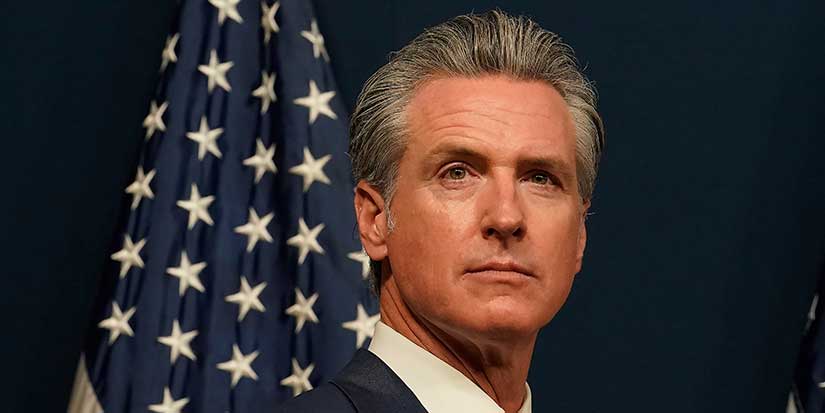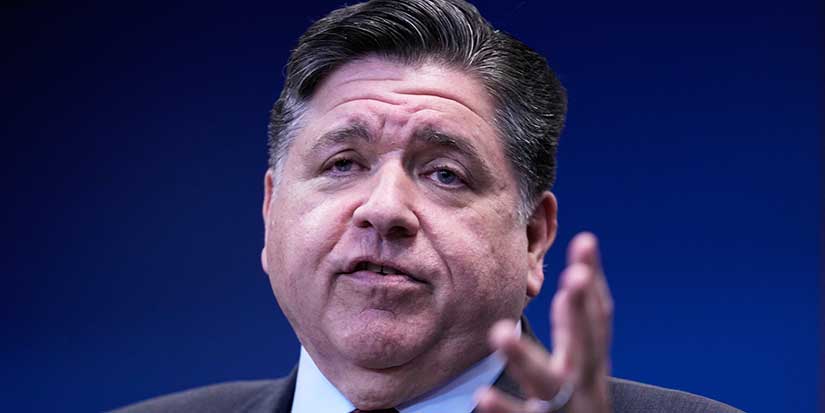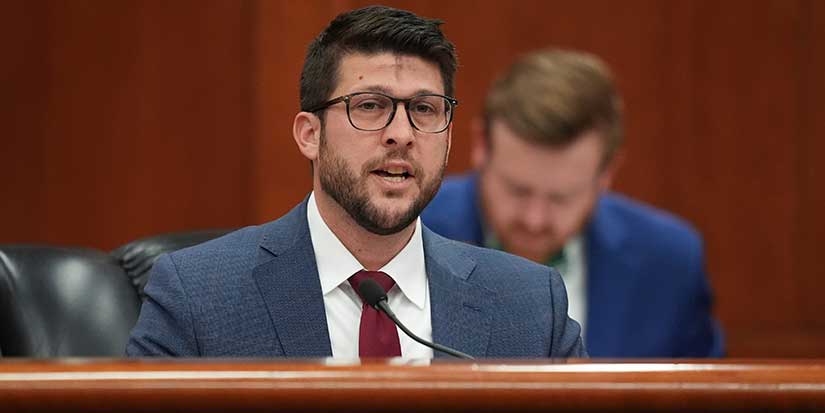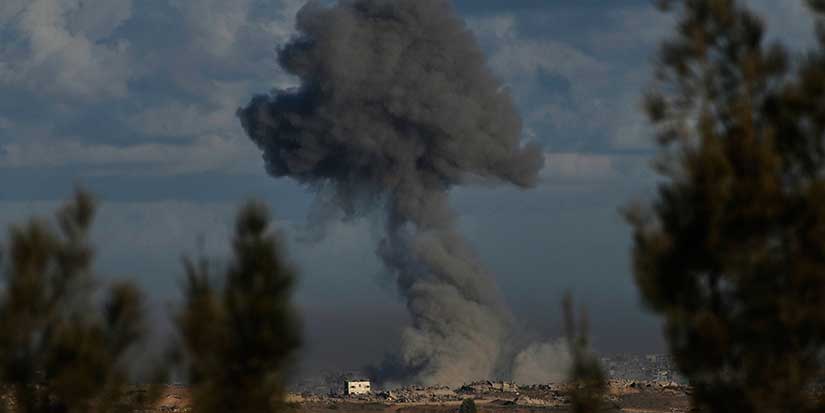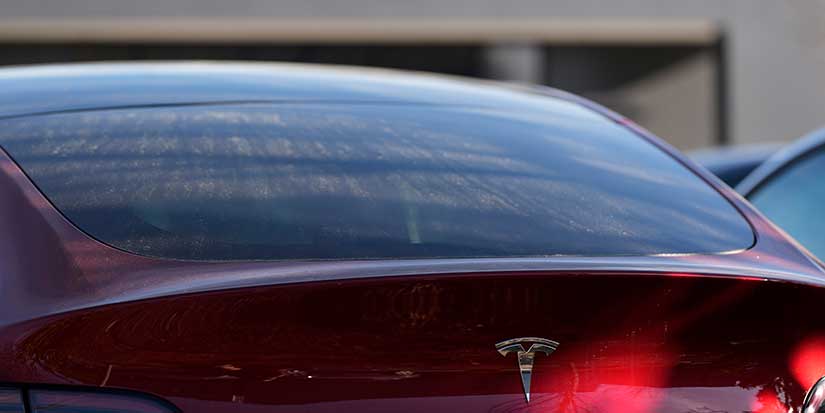National News
Ottawa's drive for aid efficiency doesn't have to abandon values, aid official says
Published 11:08 PDT, Tue October 7, 2025
—
As the Carney government moves to refocus foreign aid on what it sees as "effective" investment, a major recipient of Canadian development funds says Ottawa should strike a balance between prudent spending and advancing Canadian values.
"Taxpayers … are not against international aid, but they're for more effective international aid," said Asif Saleh, who leads BRAC, one of the world's largest non-profit organizations.
"The opportunity cost of a dollar spent on ineffective things is far higher than ever before."
Saleh, who is based in Bangladesh, spoke to The Canadian Press during a recent visit to Ottawa ahead of the Nov. 4 budget. Prime Minister Mark Carney has said the upcoming budget will outline his government's approach to foreign aid.
In recent years, and before U.S. President Donald Trump returned to the White House at the start of the year, the world recorded a historically large wave of displaced people driven by wars and climate change.
Trump froze most American funding for development work in February, with some exceptions. Aid workers said the abrupt halt in operations by the world's largest aid donor, USAID, has resulted in deaths in refugee camps and remote areas. European governments also have been scaling back aid.
Saleh, a former Goldman Sachs executive, said aid works best when it generates employment locally and eliminates duplication in development projects funded by foreign governments.
"The whole sector is in a bit of a panic mode," he said. "People are trying to reimagine the sector."
Carney said during the April election he would not cut foreign aid but was circumspect when asked recently about a possible aid cut.
"Decisions in the budget will come out on Nov. 4, so we're looking at a variety of things across all aspects of government," he told a Sept. 27 news conference in London.
Carney said that during his meetings last month at the United Nations with foreign aid recipients and philanthropic organizations, a major theme was efficiency.
He said the focus was on "how do we make our aid spending as effective as possible (and) have the maximum impact as possible. And that's related to the level, but I think (it's) fundamental, to make sure that we're getting this right," he said.
Saleh said the best approach to development is to create sustainable jobs with spinoff benefits for the most people possible.
"The pot has gotten smaller," he said. "We just simply don't have the luxury to waste money and to do duplicate activities."
Saleh said BRAC is not afraid of disruption, even if it means smaller charities close.
"Many organizations will die," he told a panel discussion hosted by the University of Ottawa last week.
"It's better to not to keep a lot of organizations in ICU and prolong their agony. But I think the organizations that continue to be relevant should survive, like would happen in (the) private sector."
BRAC is known for focusing on social enterprises, such as creating a market for upscale handicrafts and garments made by women working their way out of poverty. BRAC formed a dairy company to help rural farmers more efficiently sell milk and created dairy products that boosted local nutrition, replacing inefficient vendors.
BRAC also created a "graduation model" to lift people out of extreme poverty that includes two years of financial assistance combined with job coaching.
"Rather than … giving monthly allowances, this model is far more dignified," Saleh told the panel last week.
Saleh said Canada has a been a major funder of BRAC projects in Bangladesh and abroad since the early 1990s.
In a major speech at the UN last month, the Carney government linked investment and trade with international development.
Saleh said that while Canada gains soft power and trade access through its aid spending, he warned that "the pendulum should not swing so far toward these trade models."
Saleh said Canada should strike "a happy balance" that pursues gender equality, poverty eradication and refugee support, factors that create the stability needed for economic growth.
He suggested that Canada go after "win-win" projects that involve short-term workers, such as a BRAC partnership that trains rural Bangladeshi citizens to work as drivers and care-workers in Japan.
Saleh said that across the developing world, countries are experiencing rapid economic growth that isn't translating into jobs for young people. Youth-led protest movements have toppled governments — in Nepal last month, in Bangladesh in 2024 and in Sri Lanka in 2022.
"This anger, this feeling of missing out (along) with the lack of opportunities, is creating this unrest and a lack of social cohesion," he said.
– Dylan Robertson, The Canadian Press
